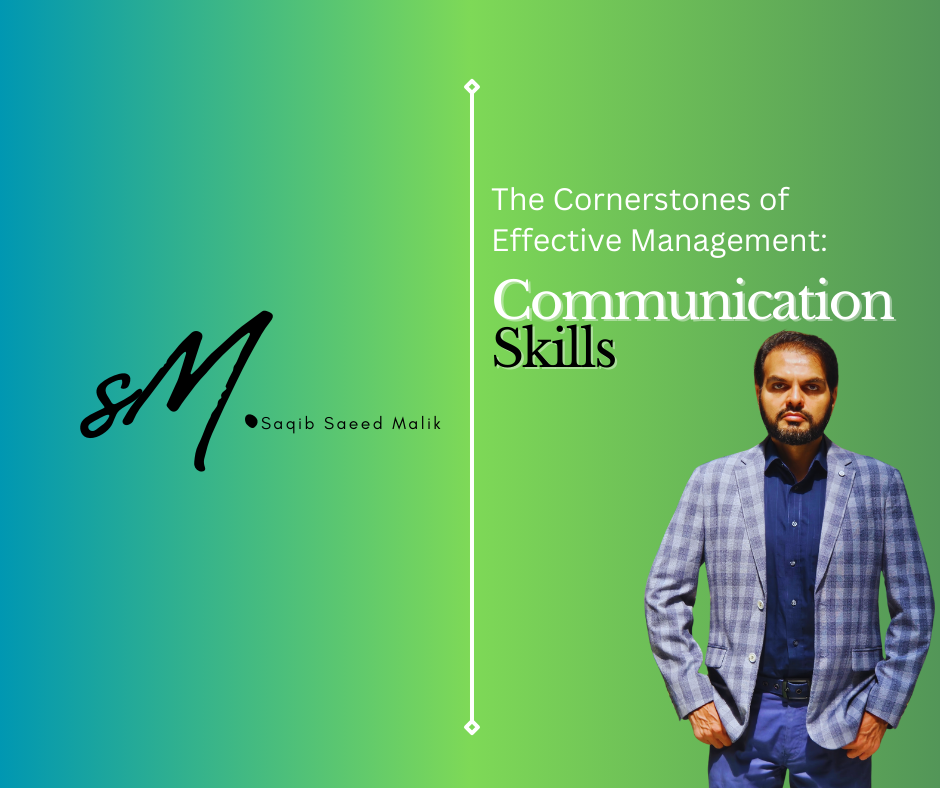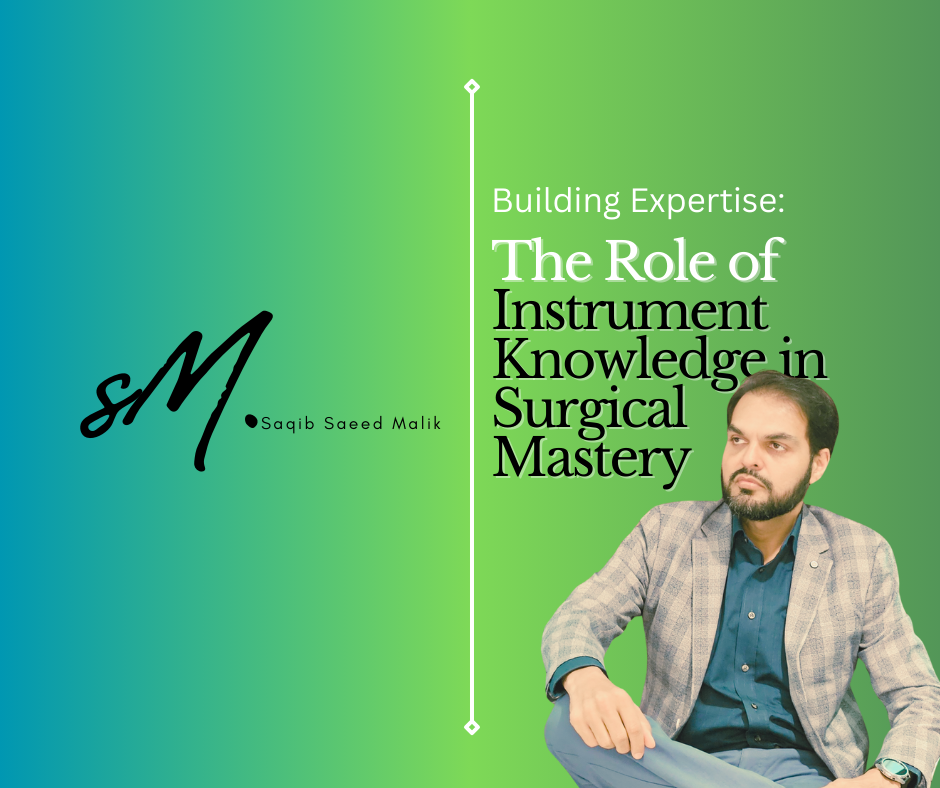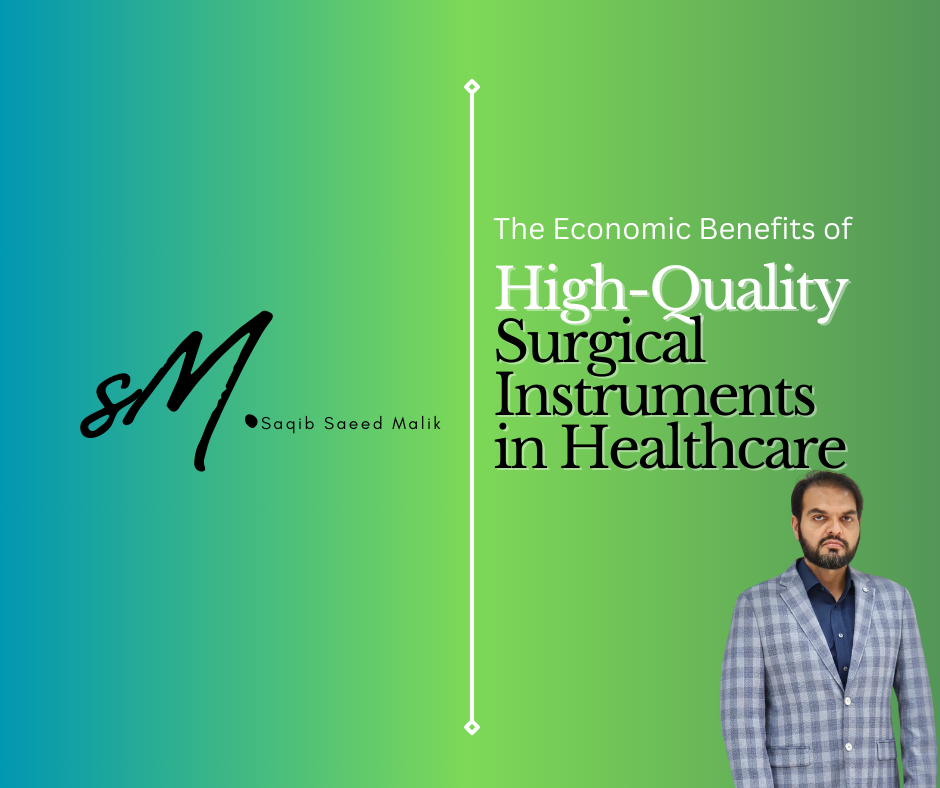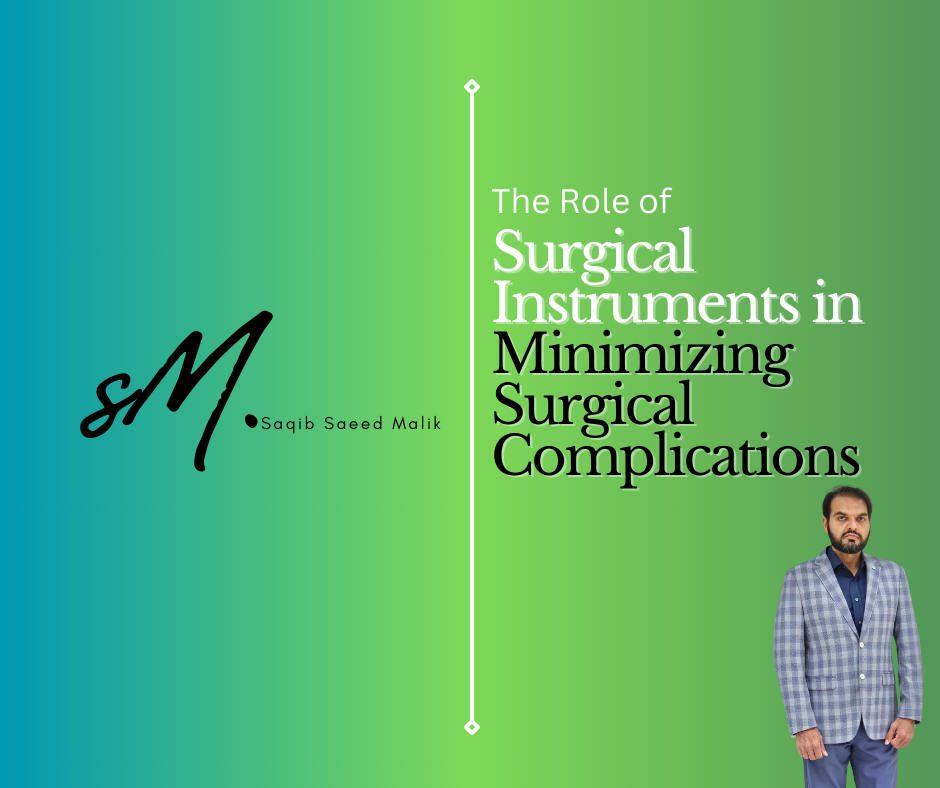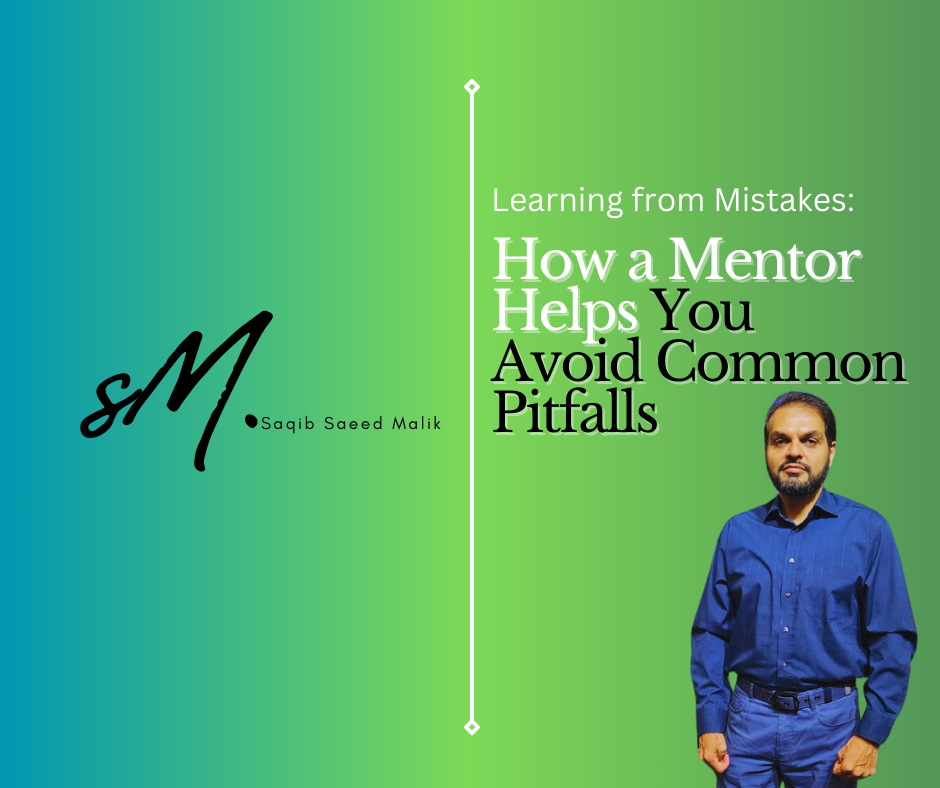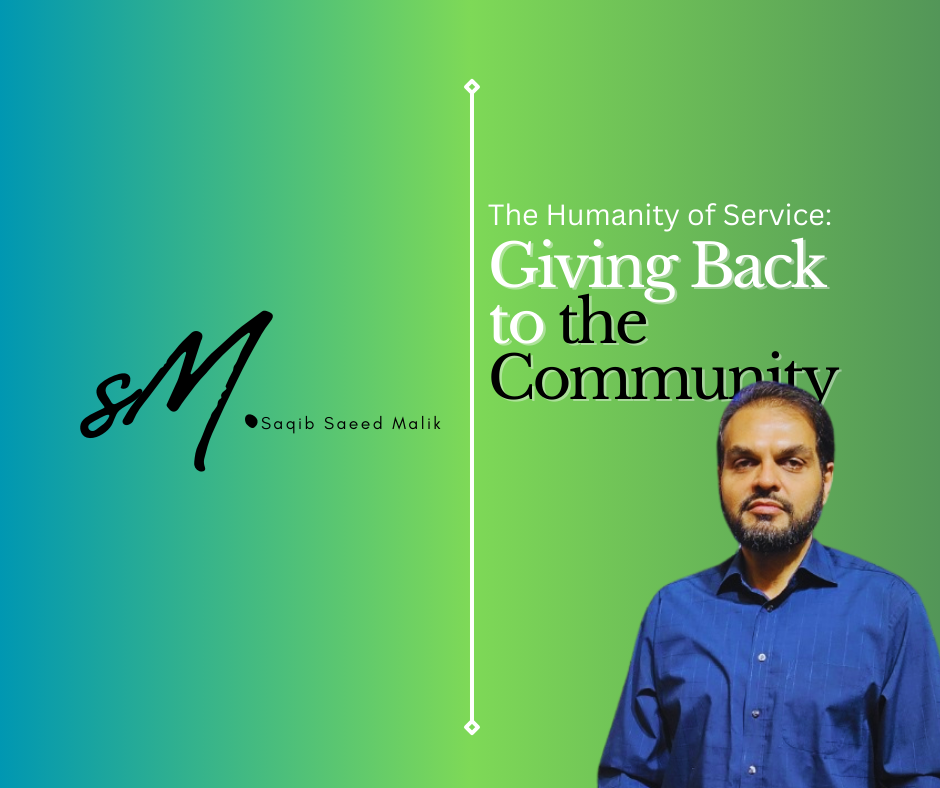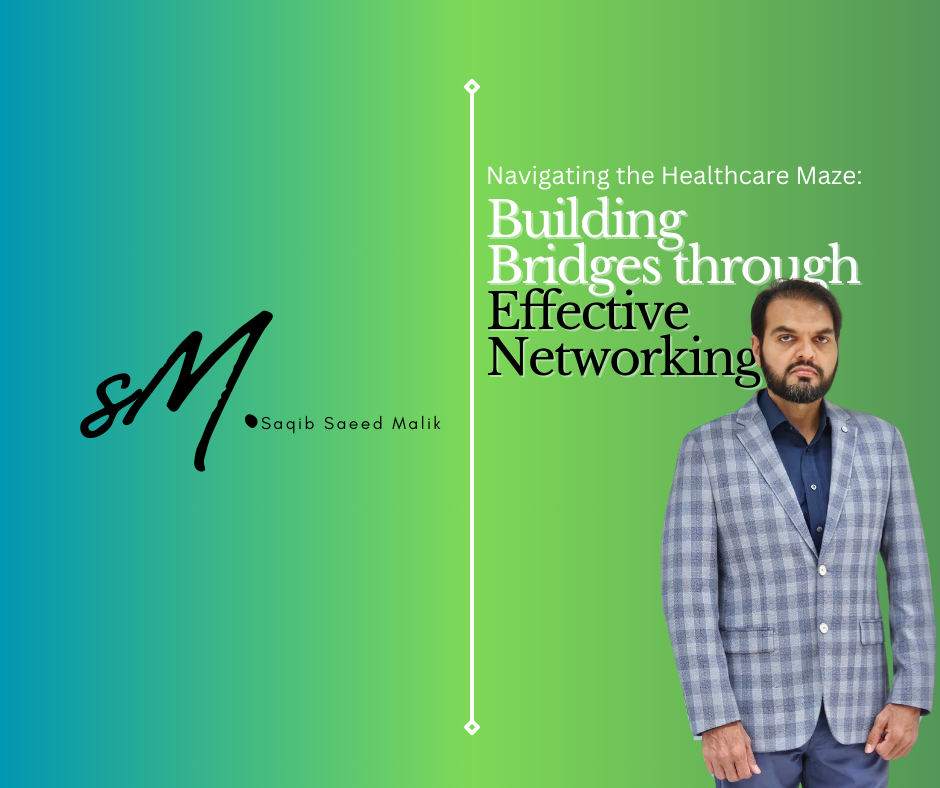Effective communication is the backbone of successful management. A manager’s ability to communicate with clarity and empathy is what drives team cohesion, innovation, and overall success. From verbal interactions to non-verbal cues and written instructions, communication encompasses a broad spectrum of skills that every manager should master to lead effectively.
At the heart of communication lies clarity. A good manager must be able to articulate goals, expectations, and strategies clearly. This helps ensure that everyone on the team is on the same page and understands their specific roles and responsibilities. Ambiguity in communication can lead to confusion, mistakes, and a lack of direction, ultimately affecting productivity and team morale.
Equally important is the ability to listen actively. Communication is not just about speaking; it’s about listening to team members, understanding their concerns, and providing feedback. An effective manager listens attentively, acknowledges ideas, and shows empathy toward the challenges faced by their team. This fosters a culture of respect and collaboration, where everyone feels valued and heard.
Non-verbal communication plays a significant role as well. Managers should be aware of their body language, facial expressions, and tone of voice. These subtle cues can speak volumes, either reinforcing the message being communicated or creating misunderstandings. Being mindful of non-verbal signals helps managers build trust and rapport with their teams.
Feedback is another key component of communication in management. Offering constructive feedback, both positive and negative, is essential for growth and improvement. Good managers provide timely, clear, and actionable feedback that motivates their team while also pointing out areas for development. This approach empowers employees and contributes to their continuous learning.
Moreover, effective communication is crucial in conflict resolution. Disagreements are inevitable in any workplace, but it’s how they are handled that makes a difference. Managers who are skilled in communication can mediate conflicts, understand both sides of an issue, and guide the team toward mutually beneficial solutions. By addressing conflicts in a constructive and respectful manner, managers maintain a positive work environment.
Ultimately, communication skills are not static; they require continuous development and refinement. Managers should invest time in training and self-improvement to enhance their communication skills, as this area can always be improved. By embracing effective communication, managers can inspire their teams, foster innovation, and build a more harmonious and productive workplace.

